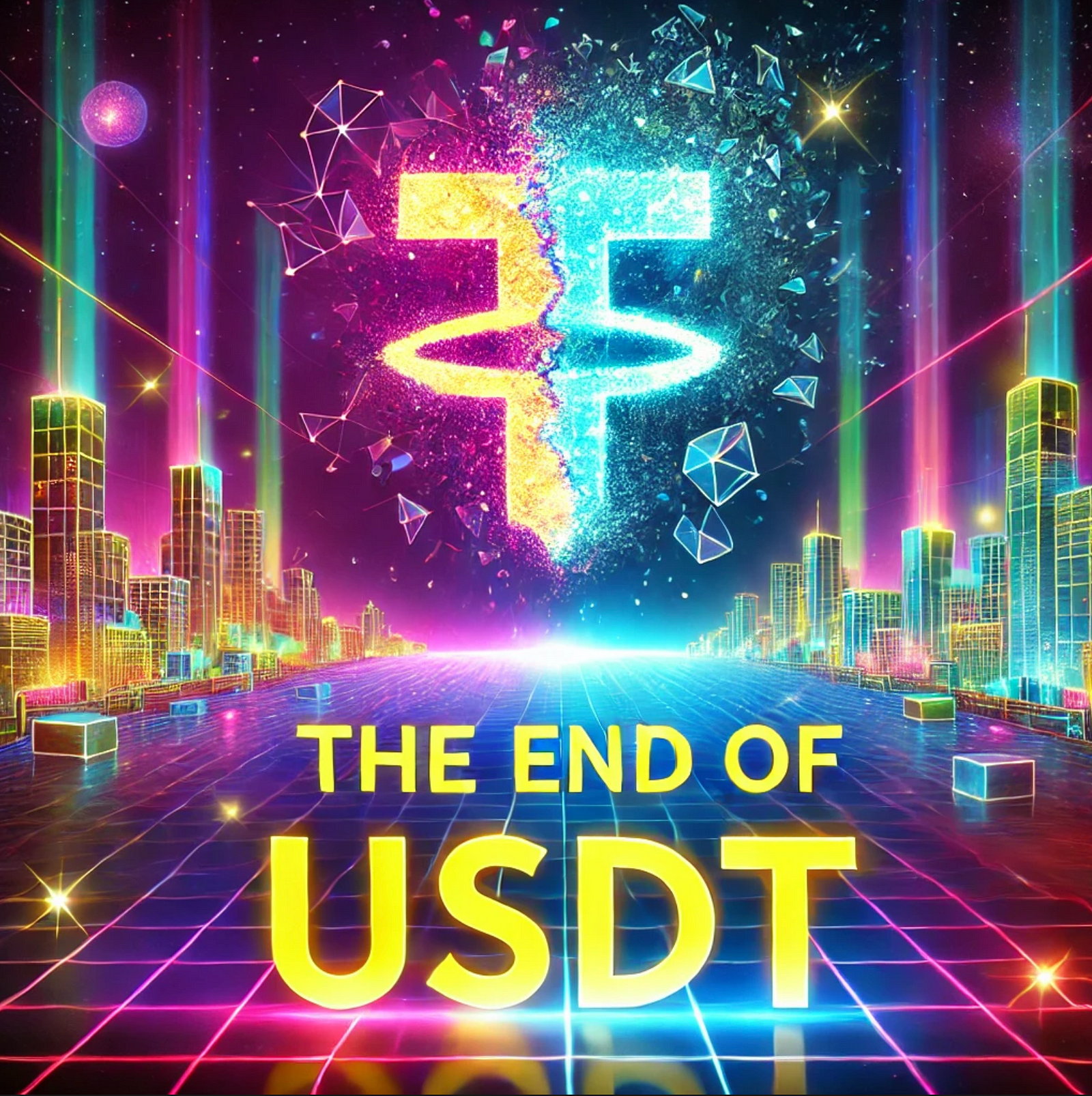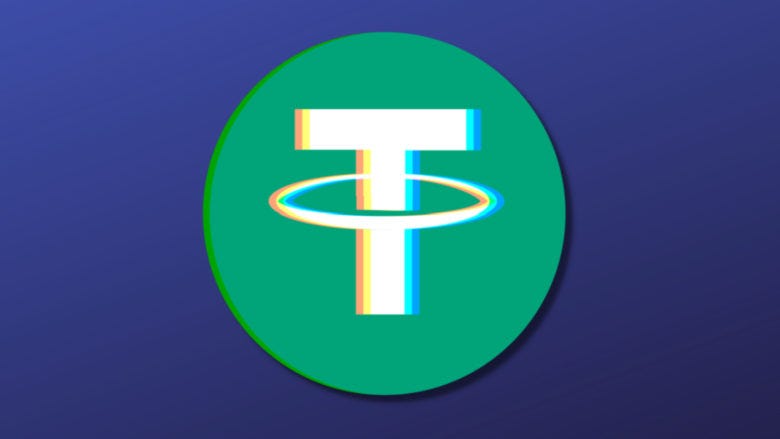- NEXTBULL Masterclass
- Posts
- The End of USDT in europe and its dangers to privacy as we know it.
The End of USDT in europe and its dangers to privacy as we know it.
On December 30th, 2024, a seismic shift will hit the European cryptocurrency market as $USDT faces delisting across most central exchanges in the region.
The catalyst?
The implementation of the MICAr (Markets in Crypto Assets Regulation), a groundbreaking regulatory framework that promises to redefine the crypto landscape in Europe and potentially set the tone for global regulatory policies.

Here’s what you need to know, along with some practical strategies to safeguard your crypto journey.
While you’re here, consider joining our Telegram Channel where you can find FREE reliable crypto intel!!
Understanding MICAr
MICAr, short for Markets in Crypto Assets Regulation, is a comprehensive set of rules designed to establish clear guidelines for cryptocurrency businesses operating within the European Union.
At its core, it introduces a licensing regime and “passporting rules” that will standardize how crypto businesses engage with individuals and institutions.
Simply put, this is the EU’s way of formalizing crypto operations, with an emphasis on Know Your Customer (KYC) protocols.
As of December 30th, the EU will roll out these regulations, requiring all cryptocurrency businesses under its jurisdiction to comply.
This move not only affects the European market but also serves as a blueprint for similar regulations that other countries, including the United States, are likely to adopt in the near future.

KYC
Key Changes to Expect
1. The Travel Rule
One of the most contentious aspects of MICAr is the “Travel Rule,” which mandates that any cryptocurrency transaction, regardless of its amount, must capture detailed information about both the sender and recipient. This rule applies to:
Exchange transactions: Personal details will be shared between exchanges, leaving users vulnerable to potential data breaches.
Hot and cold wallets: Individuals must link their identities to any wallet they own, granting authorities complete visibility into all transactions, even those involving offline storage.
2. $USDT Delisting
Tether’s $USDT, a cornerstone of the crypto ecosystem, will be delisted from most European central exchanges. The reason? Compliance issues under the new MICAr framework.
While $USDC has been deemed compliant and remains usable, the absence of $USDT marks a significant limitation for traders and investors.
This restriction will likely extend to other stablecoins, further complicating cross-border transactions.

Tether
While you’re here, consider joining our Telegram Channel where you can find FREE reliable crypto intel!!
Implications for Privacy and Decentralization
The MICAr regulations represent a paradox: while aimed at curbing criminal activity and enhancing transparency, they inadvertently undermine the very principles of privacy and decentralization that crypto was built upon.
Linking personal identities to wallets and enforcing stringent KYC measures effectively bind users to traditional financial oversight.
Moreover, the potential for data misuse and identity theft grows as personal information is exchanged between multiple entities.
Research indicates that personal wallets do not inherently facilitate criminal activity, as they lack the on-ramps and off-ramps required for fiat conversion.
Nevertheless, the narrative driving these regulations leans heavily on fear of illicit use, steering investors back to traditional financial systems and away from crypto.
Solutions to Stay in Control
Despite these challenges, there are practical steps you can take to maintain control over your assets and privacy:
1. Utilize Non-KYC Exchanges
Platforms like Toobit offer a viable alternative. Many users vouch for its reliability as a trading platform free from invasive KYC requirements. Signing up not only ensures privacy but may also come with additional perks for new users. Signup free here https://www.toobit.com/en-US/register?invite_code=wPNKwM

Toobit
2. Adopt New Offline Wallets
Consider shifting some of your portfolio to a new offline wallet. This approach helps you control what portion of your holdings remains private, providing a layer of security against intrusive oversight
While you’re here, consider joining our Telegram Channel where you can find FREE reliable crypto intel!!
The Bigger Picture
MICAr’s implementation is a watershed moment for crypto, with far-reaching implications for how digital assets are managed and perceived.
While its intent is to foster transparency and reduce financial crimes, the collateral damage to privacy and decentralization cannot be ignored.
As the crypto community navigates this new terrain, awareness and proactive measures will be key to preserving the ethos of cryptocurrency.
Stay informed, stay vigilant, and most importantly, stay in control of your funds and privacy. The crypto world is evolving, but with the right strategies, you can adapt and thrive in this new regulatory landscape.
Learnt something from this article? Join 5,211+ crypto enthusiasts in our newsletter to level up your game! 🚀 Don’t forget to clap if you want more like this!